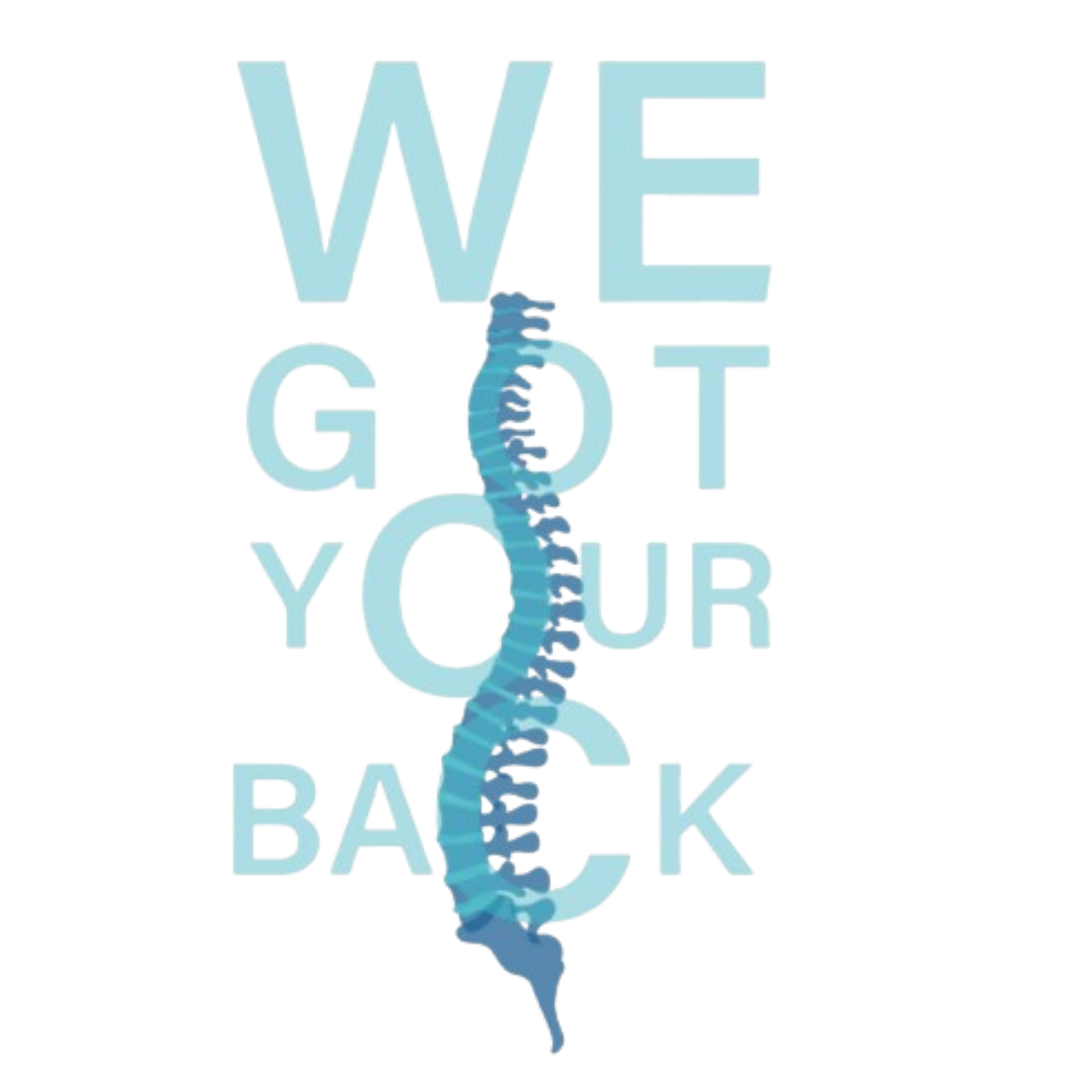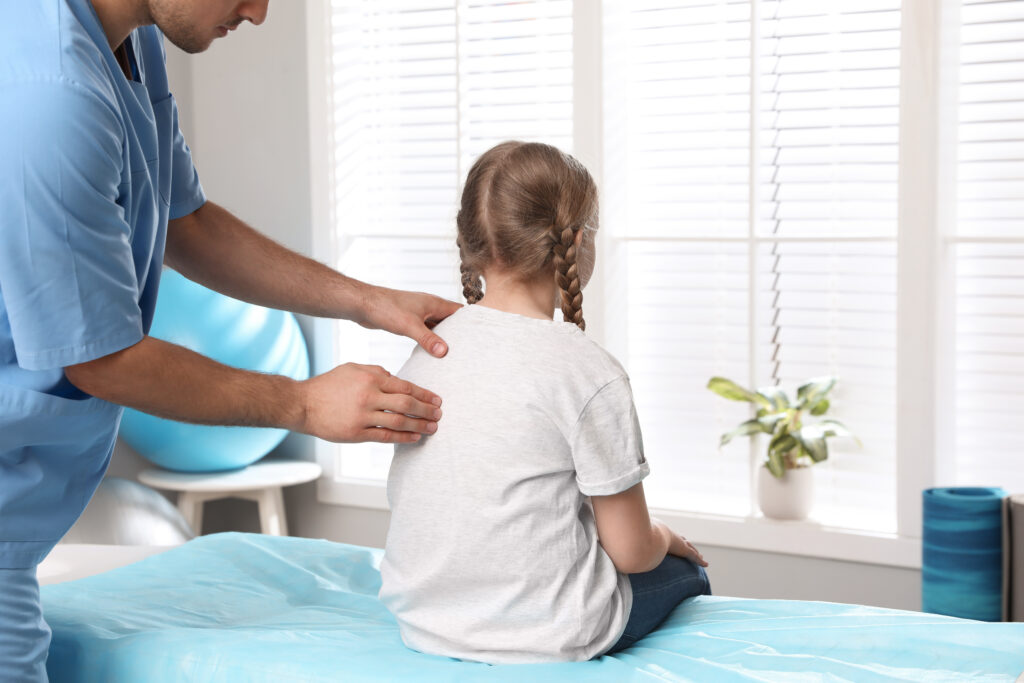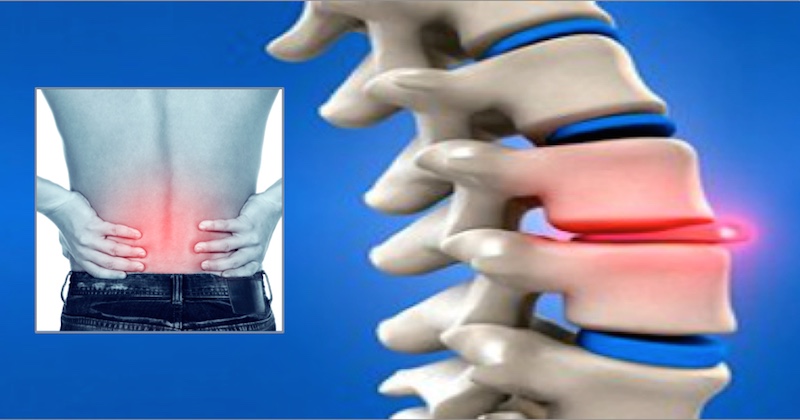The spine is the backbone of the human body—literally and figuratively. It provides support, balance, and flexibility, while protecting the delicate spinal cord. While we often associate spine problems with adults, spine health is equally important in children. Childhood and adolescence are critical periods for growth and development, and any problems with posture, spinal alignment, or bone strength at this stage can affect long-term health.
As parents, understanding the basics of spine health can help prevent problems, identify warning signs early, and ensure children grow with strong, healthy backs.
Why Spine Health Matters in Childhood
-
Foundation for Growth: The spine develops rapidly during childhood. Poor habits can affect alignment and posture permanently.
-
Prevention of Future Problems: Early care reduces the risk of chronic back pain and spine disorders in adulthood.
-
Impact on Daily Life: A healthy spine ensures children can play, learn, and participate in sports without discomfort or limitation.
Common Spine Issues in Children
1. Poor Posture
-
Slouching, hunching over gadgets, or sitting incorrectly at desks can strain the spine.
-
Over time, poor posture can cause rounded shoulders, back pain, and even spinal deformities.
2. Heavy School Bags
-
Carrying overloaded backpacks, especially on one shoulder, puts uneven stress on the spine.
-
This may lead to muscle imbalance and pain in the shoulders and lower back.
3. Spinal Deformities
Some children develop structural problems such as:
-
Scoliosis: Abnormal sideways curvature of the spine.
-
Kyphosis: Excessive forward rounding of the upper back.
-
Lordosis: Excessive inward curve of the lower back.
4. Sports-Related Injuries
-
Active children are prone to strains, sprains, and sometimes stress fractures in the spine.
-
Poor conditioning or improper technique in sports can increase the risk.
5. Sedentary Lifestyle
-
Too much screen time and too little physical activity weaken core and back muscles.
-
This reduces spinal support and can cause pain even at a young age.
Signs Parents Should Watch Out For
-
Uneven shoulders or hips
-
Visible curve in the back
-
Frequent back or neck pain complaints
-
Difficulty standing straight
-
One leg appearing longer than the other
-
Fatigue during physical activity
If you notice any of these, a medical evaluation is recommended. Early detection of spinal problems ensures better treatment outcomes.
How Parents Can Support Spine Health
1. Encourage Good Posture
-
Teach your child to sit upright with shoulders relaxed and back supported.
-
Ensure study tables and chairs are ergonomically suitable for their height.
2. Choose the Right School Bag
-
Backpack weight should not exceed 10–15% of the child’s body weight.
-
Use both shoulder straps, and choose padded, lightweight bags.
-
Encourage regular bag organization to avoid carrying unnecessary items.
3. Promote Physical Activity
-
Encourage daily exercise, sports, or active play.
-
Activities like swimming, cycling, yoga, and stretching improve flexibility and strengthen spinal muscles.
4. Limit Screen Time
-
Excessive use of phones, tablets, and gaming devices promotes slouching.
-
Follow the 20-20-20 rule: every 20 minutes of screen time, take a 20-second break and look 20 feet away.
5. Nutrition for Bone Health
-
Provide calcium- and vitamin D-rich foods for strong bones.
-
Include green vegetables, milk, eggs, and nuts in their diet.
6. Regular Check-ups
-
Pediatricians or orthopaedic specialists can screen for spinal deformities during growth years.
-
Early intervention can prevent complications.
When to Consult a Specialist
Parents should seek medical advice if their child:
-
Complains of persistent back or neck pain
-
Shows visible curvature in the spine
-
Experiences numbness, tingling, or weakness in the arms or legs
-
Has difficulty walking or balancing
Conclusion
Spine health in children is an often-overlooked aspect of growth and development. With rising gadget use, heavy school bags, and sedentary lifestyles, more children are facing posture and spine-related issues today. As parents, small proactive steps—like encouraging exercise, ensuring proper posture, and choosing safe school bags—can go a long way in protecting the spinal health of your child.
A strong and healthy spine in childhood sets the stage for a pain-free, active, and confident adulthood.




